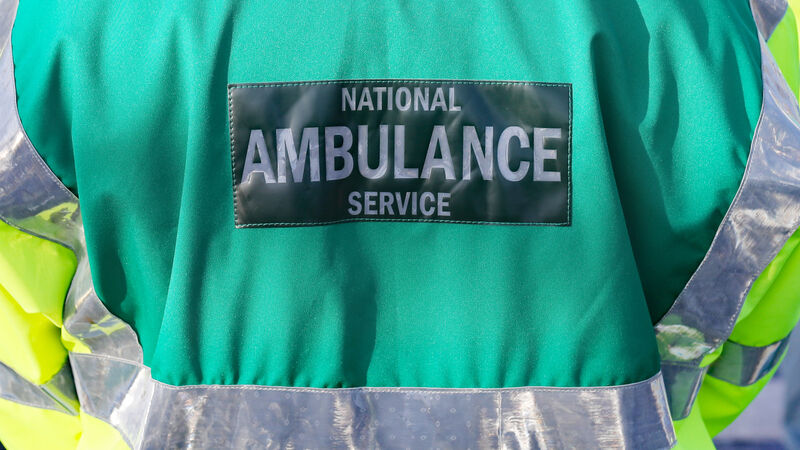Private ambulances drafted in by HSE due to staffing crisis

The chairman of the National Ambulance Service Representative Association called for people to be patient with ambulance service personnel despite possible delays over the coming days and weeks
Staff shortages may now be a bigger threat to patients and the health service than Omicron, the owner of the country’s largest private ambulance service has said.
David Hall said that ambulances and paramedics from his company Lifeline Ambulance Services have been drafted in by the HSE to help plug the growing gap in the National Ambulance Service (NAS) as increasing numbers of people have been off work due to Covid-19.










